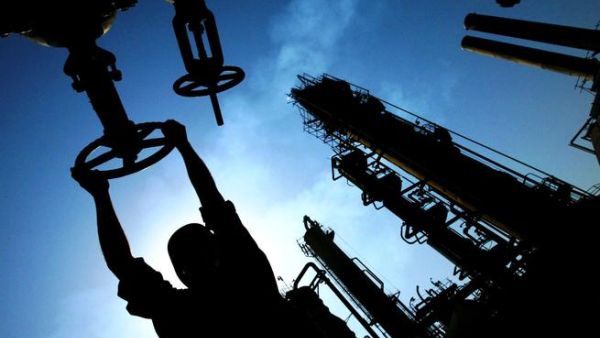The Organisation of Petroleum Exporting Countries (Opec) seems to have lost some of its influence over the global oil markets amid the US shale oil upturn.
In the past, Opec used to act as the swing producer when it came to setting global oil prices during periods of sharp volatility. In recent years, however, it has lost out in putting its stamp on the direction taken by oil markets due to the decline in its own output quota, which does not surpass 30 per cent now, and increased supplies from non-Opec members, and particularly US shale oil.
Typically, the countries affected by low oil prices look to someone else to put the blame on. This time, they are blaming the GCC countries, whose production represents 56 per cent of Opec’s total oil output. They are doing so without seeming to realise that the Gulf nations too are affected by the decline, just like the other oil producers. But the rational policies deployed by the Gulf states helped minimise the damage.
The question is, who is responsible for the price war that has led to the collapse in prices over the past two months? According to data, exporting countries from within and outside Opec are offering discounts for the sale of their oil to retain customers, especially Asian ones.
If the discount offered by GCC states is only $2 a barrel, Iran is offering nearly $3.5 a barrel. Iraq also provides a $4 discount and to further complicate matters decided to increase production 4 million barrels a day from 3 million, at a time when the other producers are demanding GCC countries reduce production.
However, it is a collective responsibility of oil producers — both inside and outside Opec. To lessen the repercussions on the economies of oil-producing economies, it is important to stop exchanging unjustified and useless accusations, which only helps to stoke the oil crisis.
Opec members and other producers should coordinate their stands to stop the price war, as well as address the surplus. They must think how to adapt and deal with the phenomenon of shale, which has become a major and factor in the global energy markets.
In fact, it is not easy to deal with the surplus issue, as Opec members have already tried — and failed — because of a lack of consensus. As for non-Opec countries, their approaches cannot be predicted and no one can guarantee their commitment to any agreement on oil production cuts.
This is why the GCC countries decided at the recent Opec meeting in Vienna not to cut production, so as to prevent other countries from increasing their production and seizing the quota of Opec countries. This clearly means that withdrawing the surplus is a multifaceted and complicated issue, which requires a collective confidence that is not available.
The other side of the coin is related to shale oil. Shale producers, particularly in the US, have also been affected by low prices, prompting many to lower their forecasted medium-term investments. This means they may not be able to increase their production sharply in the future.
Also, most companies operating in shale oil production have been having difficulties paying debt stemming from the sharp decline in revenues.
This simply means that high oil prices serve as a guarantee for these companies to continue their business. Hence they may show flexibility and cooperate to raise oil prices from the current levels.
The Opec members must cooperate with all parties to secure fair prices rather than unleashing instigations via the media and putting the blame on a particular party.








